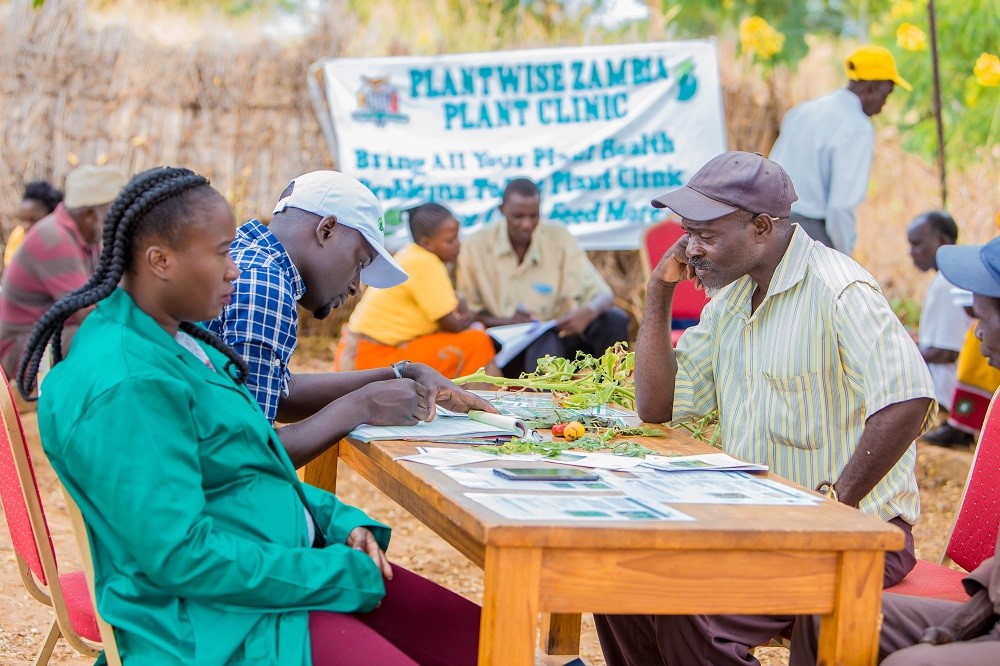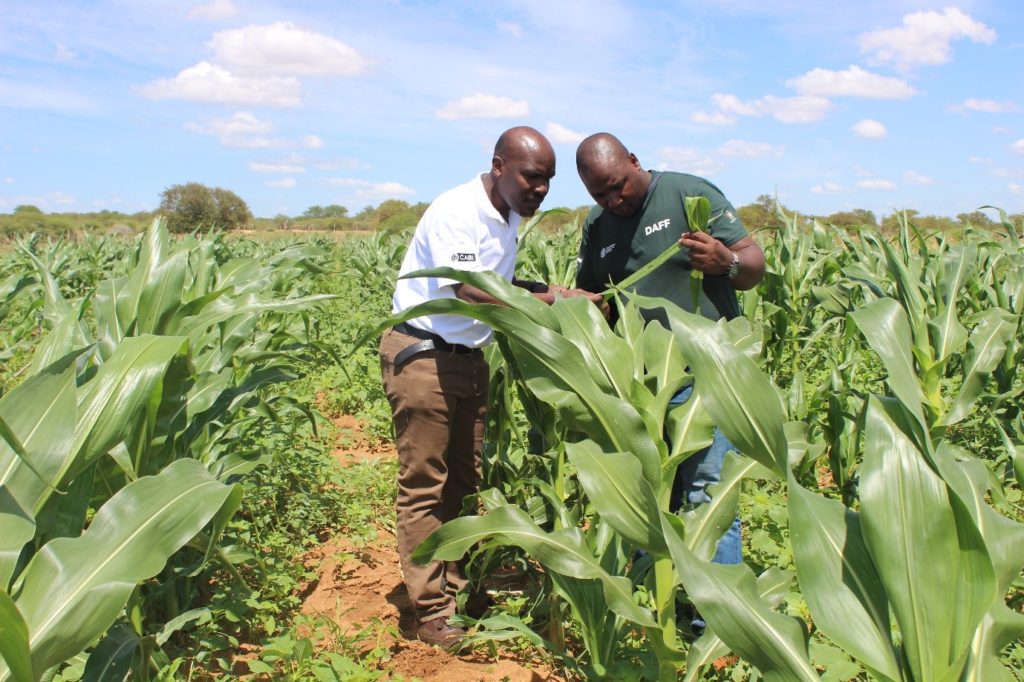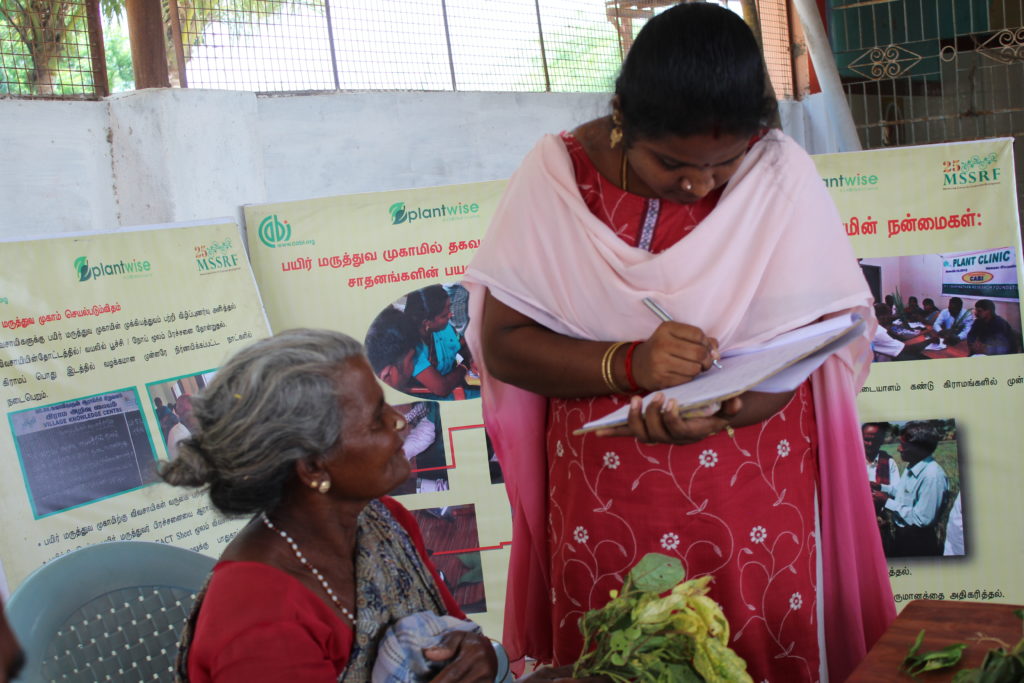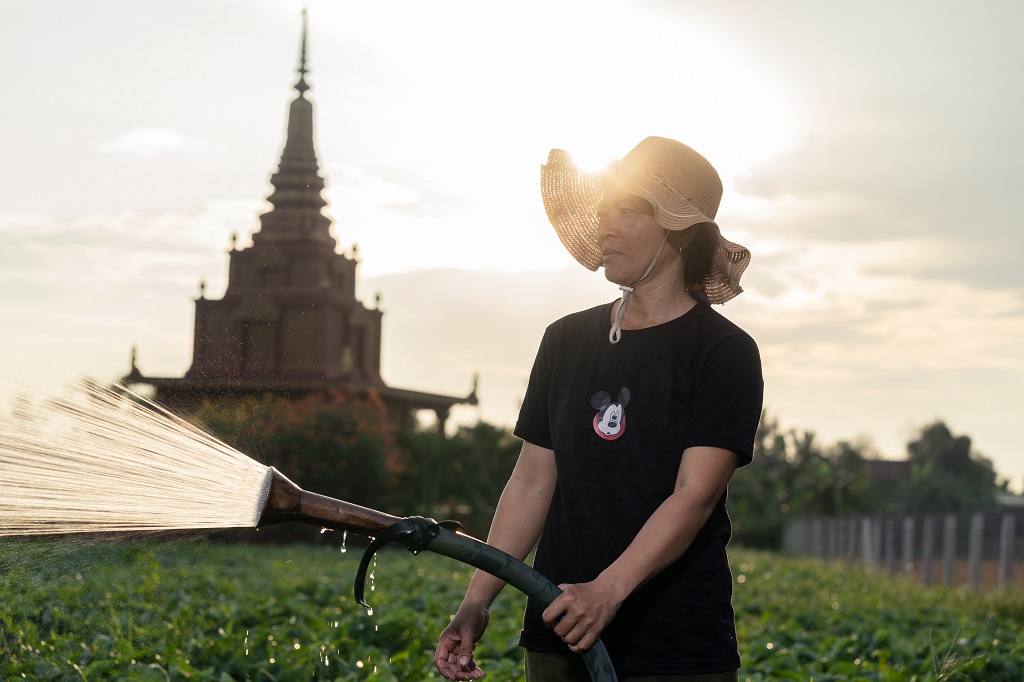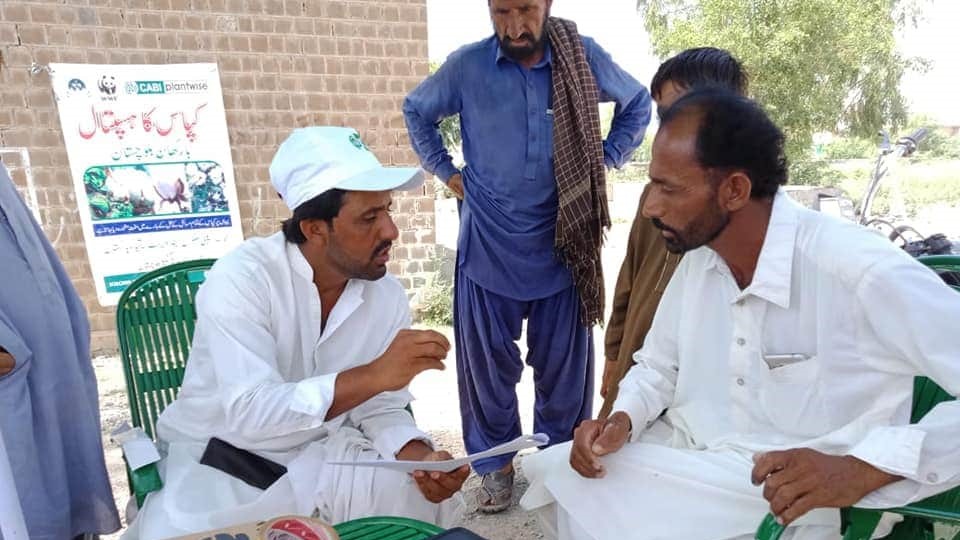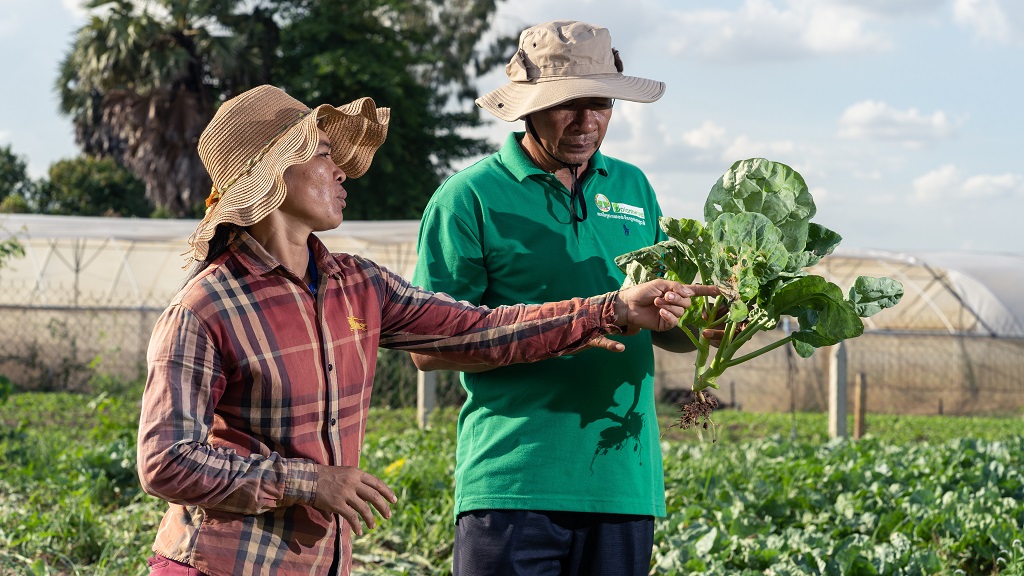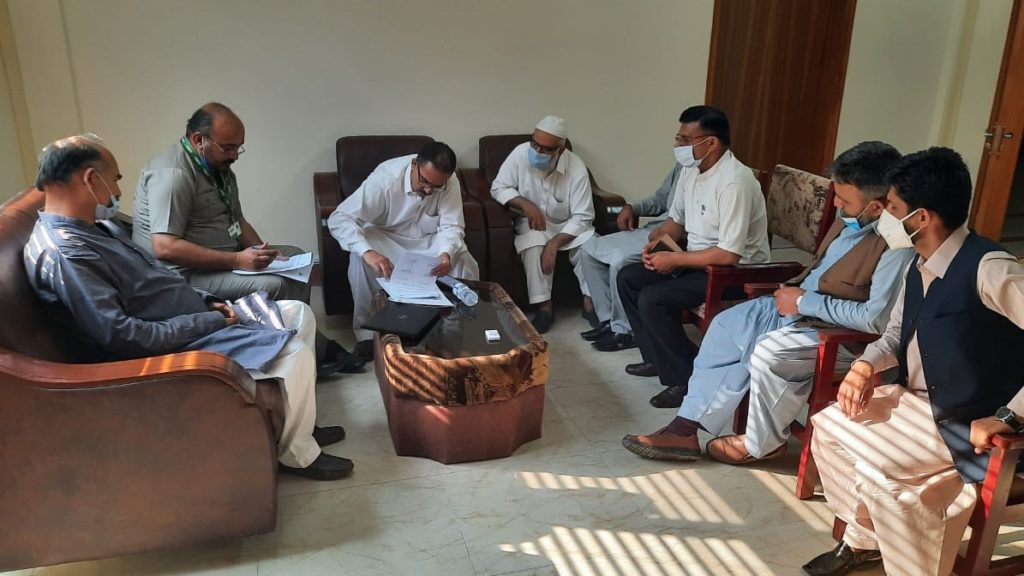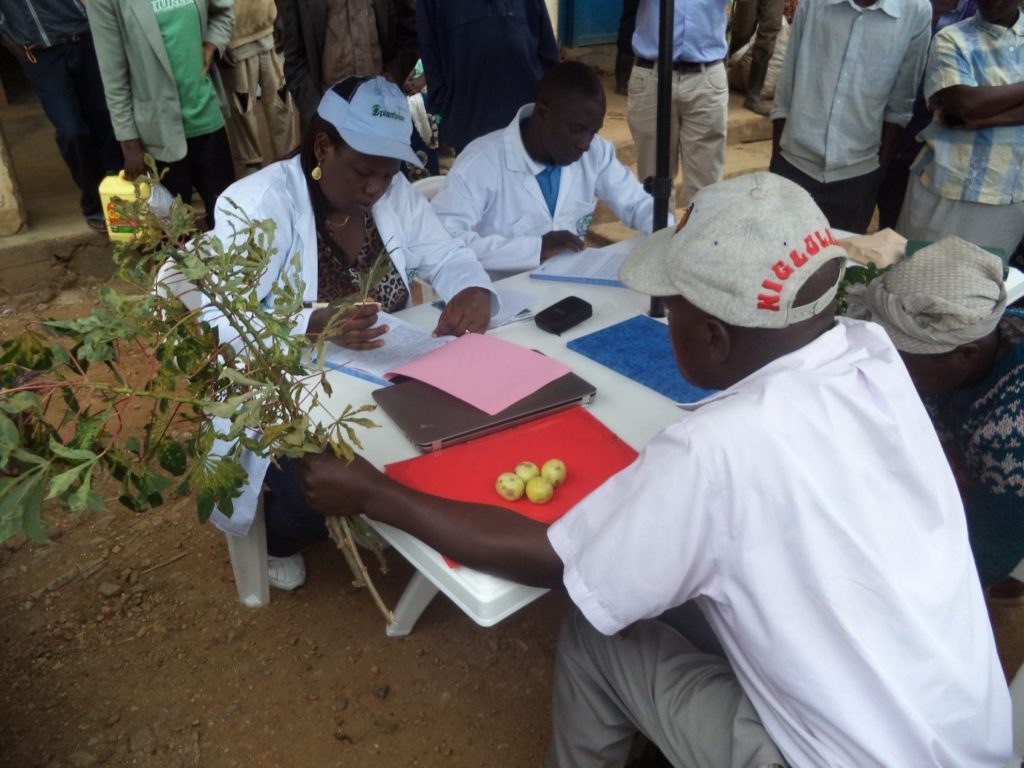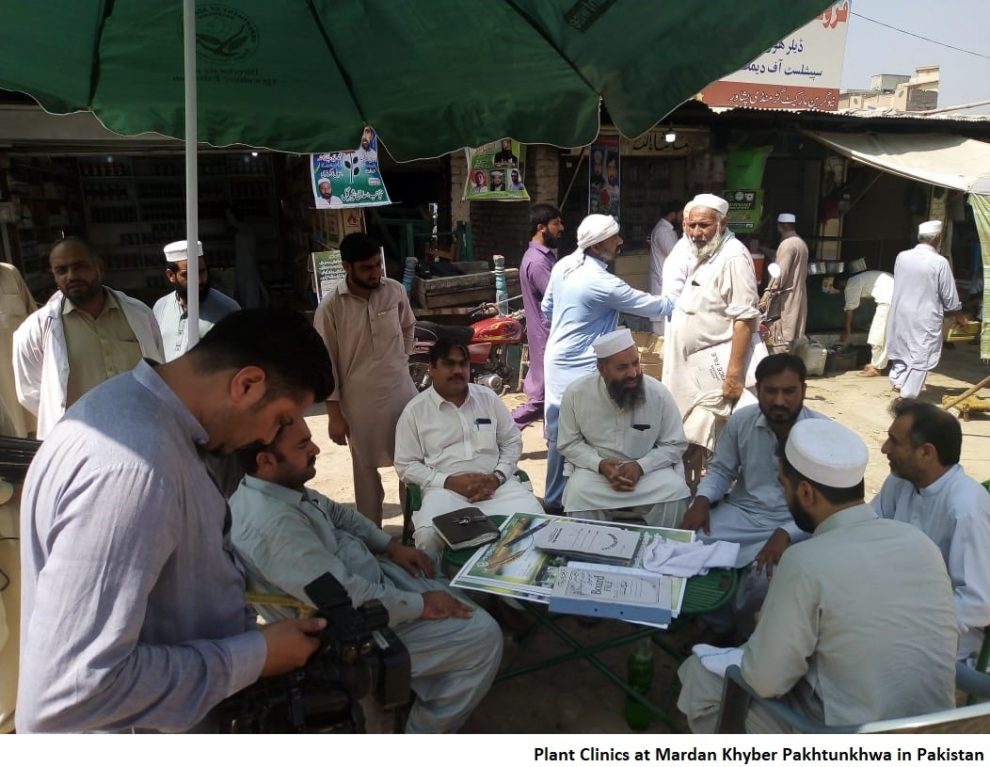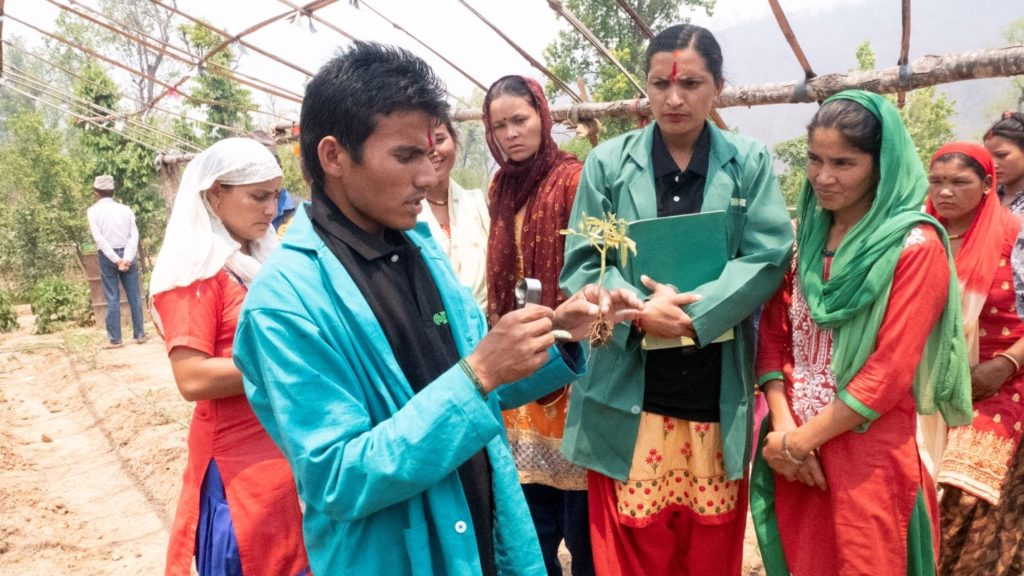Plantwise plant clinics improve proper use of pesticides and highlight need to wear Personal Protective Equipment
The increasing prevalence of devastating crop pests, such as the Fall armyworm (FAW), has led to a growth in pesticide use among smallholder farmers in sub-Saharan Africa. Crop pests are a major limiting factor of agricultural productivity growth worldwide and in Sub-Saharan Africa, in particular, crop losses due to pests are predicted to be 40%…
Meet Chheng, a farmer from Cambodia using natural methods to control pests
In a new video, Plantwise follows Chheng Sok Khim, a farmer growing vegetables in Kandal province, Cambodia. Ms Khim struggled to control the pests on her farm and turned to chemical pesticides, but this ended up costing her more money and negatively affected her yields and her health.
Plantwise innovations highlighted in UN Climate Change report
CABI’s work in supporting agricultural decision-making for smallholder farmers using innovative digital tools has been featured in a new report by the United Nations Framework Convention on Climate Change (UNFCCC), the United Nations body coordinating climate action around the world.
Asian Farmers Consult Vibrant E-Plant Clinic Network In Pandemic Times
This article was originally published on aesa – Agricultural Extension in South Asia E-Plant clinics are meeting places where local agricultural advisory officers, known as plant doctors, help farmers struggling with plant pests and diseases. During the COVID-19 pandemic, plant clinics continued to provide advisory services to farmers by going online. Malvika Chaudhary shares her…

